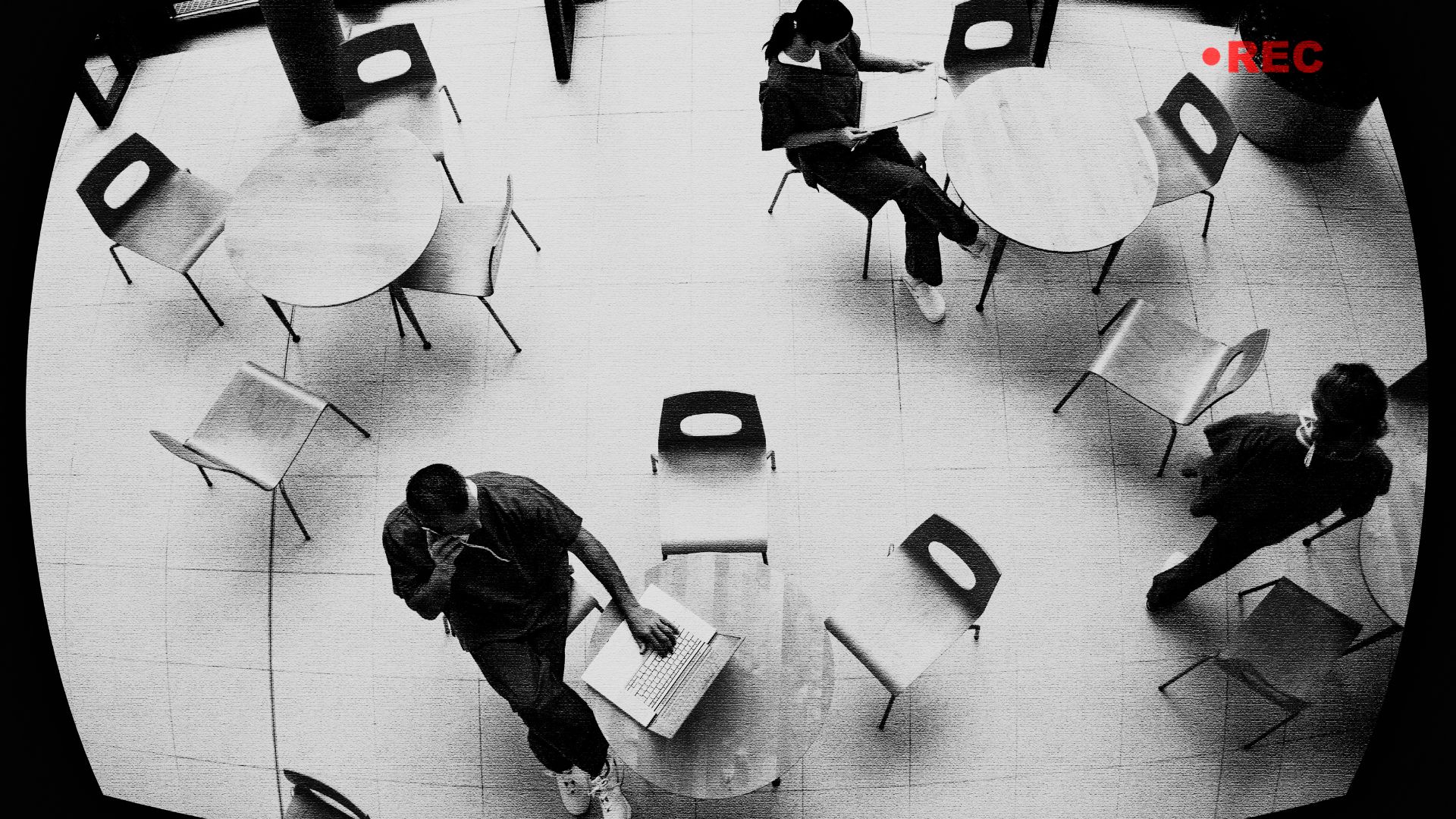
Author: Olga Galindo Carazo.
The use of a general video surveillance system, to prevent theft in a place open to the public, is often used to prove non-compliance of employees working in these centers. The typical example may be in a shopping mall.
Can a video surveillance system be used for labor purposes, in which cases, what are the requirements, do the workers have to be asked for authorization, can they refuse, there are many questions and we will try to answer them.
What do the judges say in this regard?
The Constitutional Court has recently issued a very interesting ruling on this issue, the Constitutional Court has analyzed this question, distinguishing between the flagrant commission of a crime by a worker detected by a general video surveillance system, differentiating it from the lawfulness of a general video surveillance system with effects in the workplace.
The Constitutional Court gives a detailed explanation of the jurisprudential evolution, citing certain decisions adopted at the European level and, very importantly, the modification of the legislation on data protection, specifically the new European Data Protection Regulation, known as RGPD. (The full text can be consulted here https://hj.tribunalconstitucional.es/HJ/es/Resolucion/Show/29082 )
The Ruling, in essence, comes to say that:
In case of flagrante delicto (worker recorded committing a crime), the recording of a general video surveillance system, with the corresponding general informative posters, without special formalities because it is a worker, is useful.
For the rest of the issues (for example, delays or unjustified absences), the use for labor purposes requires informing workers in advance, expressly, clearly and concisely.
Can workers refuse, and is their authorization required?
It is not necessary to obtain the consent of the workers, on the contrary, it is the company that must inform of its use, as we said, in a prior, express, clear and concise manner.
The company must inform the workers and document this fact, in order to prove compliance with the regulation and to be able to use the recordings when necessary.
Video surveillance, anywhere, for anything?
Video surveillance cannot be installed just anywhere in the workplace. Obviously, there will be certain areas, such as locker rooms, where it should not be installed.
Nor does it seem advisable to install video surveillance to monitor immaterial or irrelevant aspects. Later we will refer to the question of proportionality. These systems involve an intrusion into privacy and must be the minimum possible, the minimum in accordance with the employer’s interests at stake.
The Constitutional Court considered that the measure was justified, suitable, necessary and proportionate.
The Constitutional Court literally said: “(i) The measure was justified, because there were sufficient suspicions of irregular conduct by the employee -already described- that had to be verified. (ii) The measure can be considered as suitable for the intended purpose, which was none other than the verification of the possible unlawfulness of the conduct, which was confirmed precisely through the viewing of the images. (iii) The measure was necessary, since it does not appear that any other less invasive and equally effective measure could be adopted to prove the labor infringement. Any other measure would have warned the worker, thus rendering the company’s action useless. (iv) Finally, the measure can be considered proportionate.”
How to go about installing video surveillance in a workplace?
The company must prepare an internal document, mentioning the existence of the system, its purpose and purpose, including labor aspects, which must be expressly notified to employees, collecting the receipt of each of them. We add that this document will have to be incorporated in the on boarding process or incorporation of future workers.
¿Necesita ayuda? En Cigarrán Abogados podemos ayudarte (+34) 91.355.85.15



